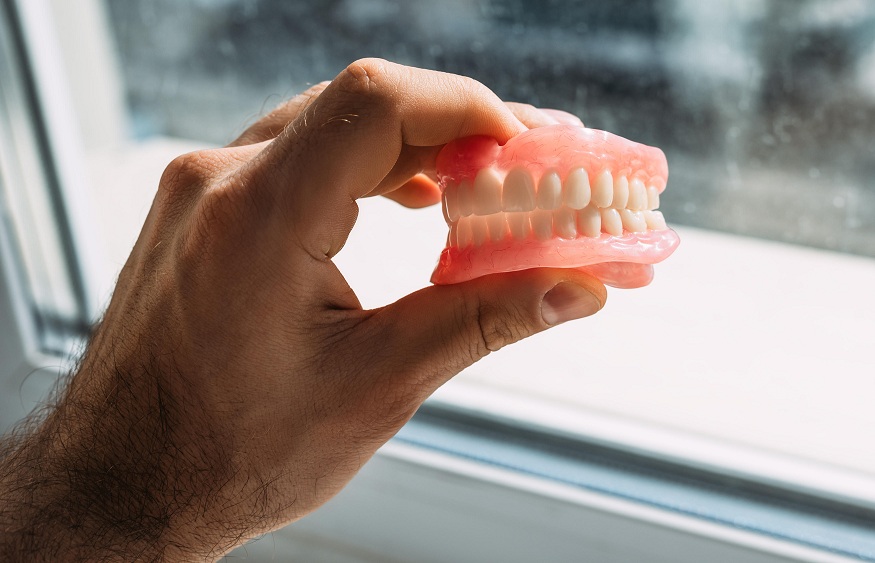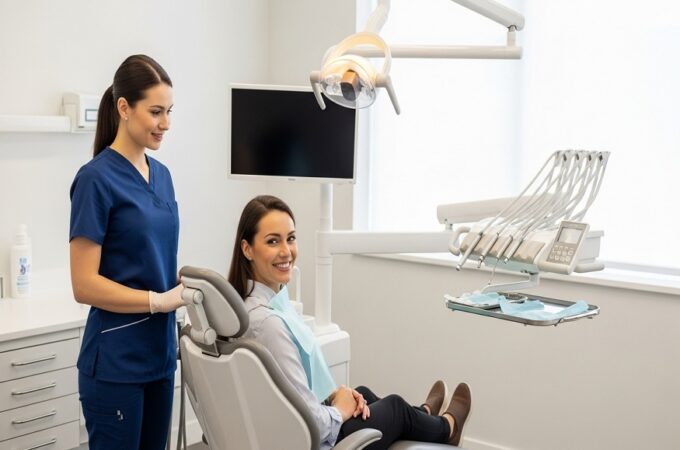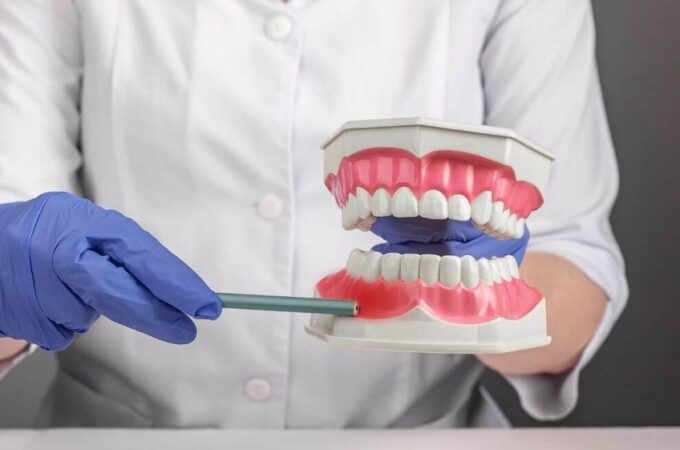
Pros and Cons of Flexible Dentures
Flexible dentures have become an increasingly popular choice for many in recent years. However, like any other dental solution, it has its fair share of advantages and drawbacks. Let’s delve into the pros and cons of flexible dentures.
What are Flexible Dentures
Flexible dentures, also known as soft dentures, are a modern alternative to traditional rigid dentures made of plastic or metal. They are crafted from a special type of lightweight, flexible and soft yet durable material that fits snugly to the wearer’s gums and teeth. The flexibility allows them to adapt to the shape of the mouth, providing a comfortable and secure fit. Their transparency also lends a natural look, as they allow the natural gum colour to show through. This all leads to a more aesthetically pleasing and functional dental replacement solution.
Pros of Flexible Dentures
Comfort: Flexible dentures robina are lauded for their comfort. They are made from a thin, lightweight material that bends with the contours of the mouth, reducing the discomfort that traditional, rigid dentures can cause.
Aesthetics: The material used is translucent, taking on the natural hue of the gums. This makes flexible dentures less noticeable and more aesthetically pleasing than their conventional counterparts.
Durability: Flexible dentures are made from a robust material that resists breakage. There’s less risk of them cracking or chipping if dropped, which can be a common issue with traditional acrylic dentures.
Biocompatible: Flexible dentures are hypoallergenic, making them a suitable choice for those who are allergic to the acrylic or metals used in traditional dentures.
Cons of Flexible Dentures
Difficult to Adjust: Once manufactured, these dentures cannot be relined or rebased, meaning if there are changes to your oral structure, new dentures might need to be made.
Staining: Flexible dentures are prone to staining over time, especially if frequently exposed to substances like coffee, red wine, or tobacco.
Cost: Given the advantages they offer, flexible dentures are typically more expensive than traditional ones. This might make them less accessible to individuals on a tight budget.
Limited Applications: Flexible dentures are not suitable for all types of dental situations. They are best used as partial dentures when there are still some natural teeth present.
Alternative Options to Flexible Dentures
When it comes to replacing missing teeth, there are several alternatives to flexible dentures that individuals can consider, each with their own advantages and disadvantages.
Traditional Dentures: These are often the most cost-effective solution. Made from acrylic or metal, traditional dentures are easy to clean and adjust. However, they may not provide the same level of comfort and aesthetic appeal as flexible dentures.
Dental Implants: Dental implants are titanium posts surgically inserted into the jawbone, providing a foundation for a crown, bridge, or denture. They offer a permanent, natural-looking solution. However, surgery is required and suitability may vary.
Dental Bridges: These are fixed prosthetic devices that are cemented onto existing teeth or implants. Bridges can fill the gap left by a missing tooth and offer a natural look. However, they may require the alteration of the surrounding healthy teeth.
Snap-On Dentures: Also called overdentures, they fit over natural teeth roots or dental implants. They provide more stability than traditional dentures and are cheaper than implant-supported dentures. However, they still require removal for cleaning.
Making the decision
Choosing the right type of denture is a decision that should be made in conjunction with your dentist. The pros of flexible dentures – their comfort, aesthetics, durability, and biocompatibility – may make them an attractive option. However, their potential to stain, cost, difficulty to adjust, and limited applications mean they may not be suitable for everyone. An open and honest discussion with your dentist will help you choose the most appropriate solution for your unique dental needs.





